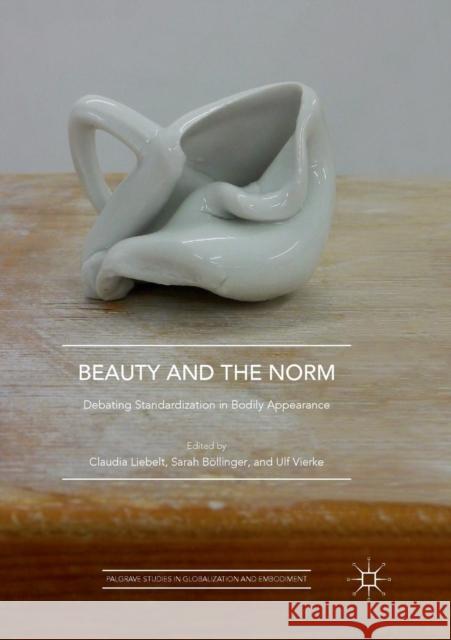Beauty and the Norm: Debating Standardization in Bodily Appearance » książka
topmenu
Beauty and the Norm: Debating Standardization in Bodily Appearance
ISBN-13: 9783030081911 / Angielski / Miękka / 2019 / 308 str.
Kategorie:
Kategorie BISAC:
Wydawca:
Palgrave MacMillan
Seria wydawnicza:
Język:
Angielski
ISBN-13:
9783030081911
Rok wydania:
2019
Wydanie:
Softcover Repri
Numer serii:
000793613
Ilość stron:
308
Waga:
0.39 kg
Wymiary:
21.01 x 14.81 x 1.75
Oprawa:
Miękka
Wolumenów:
01
Dodatkowe informacje:
Wydanie ilustrowane











